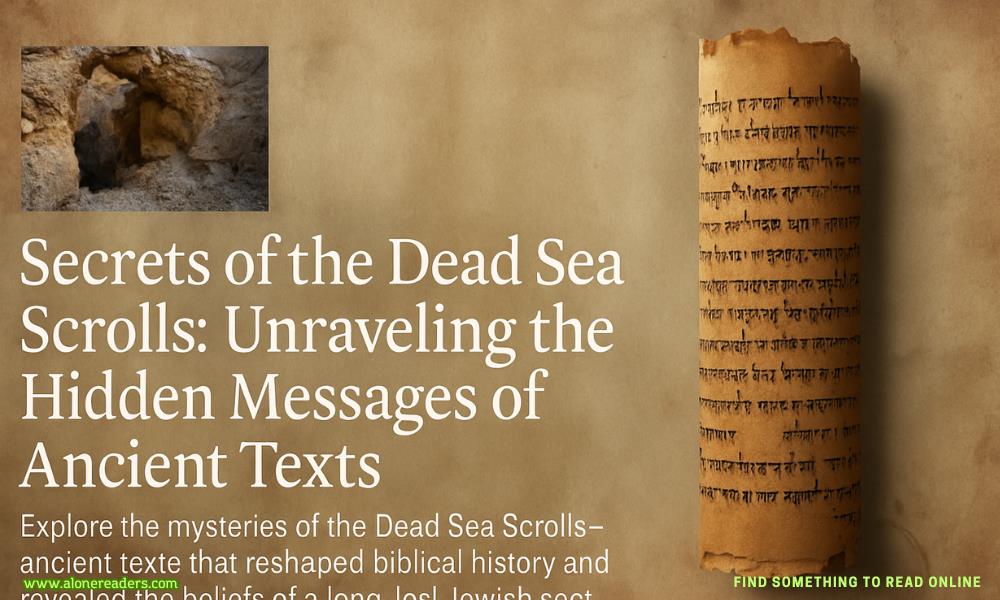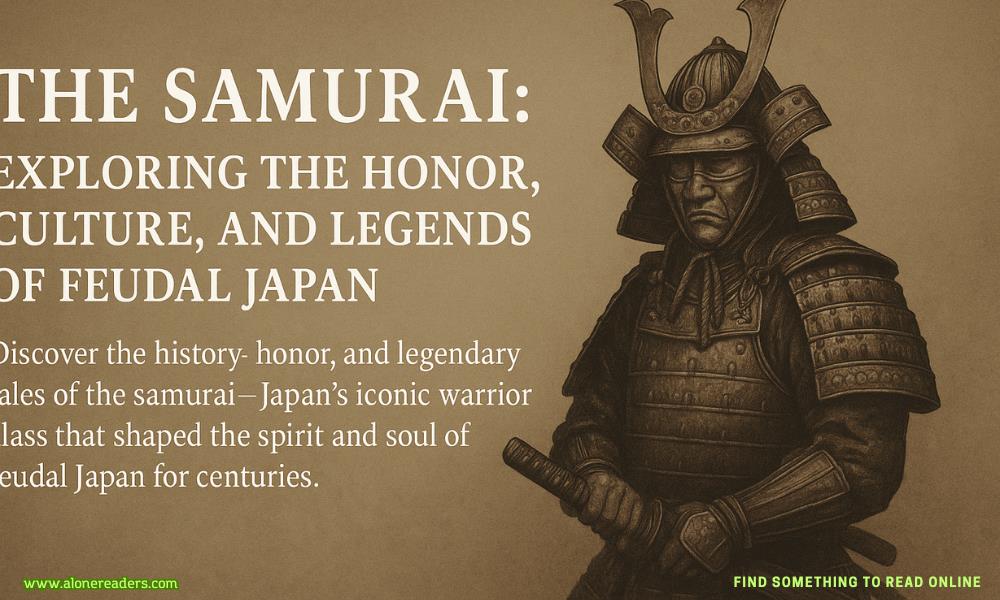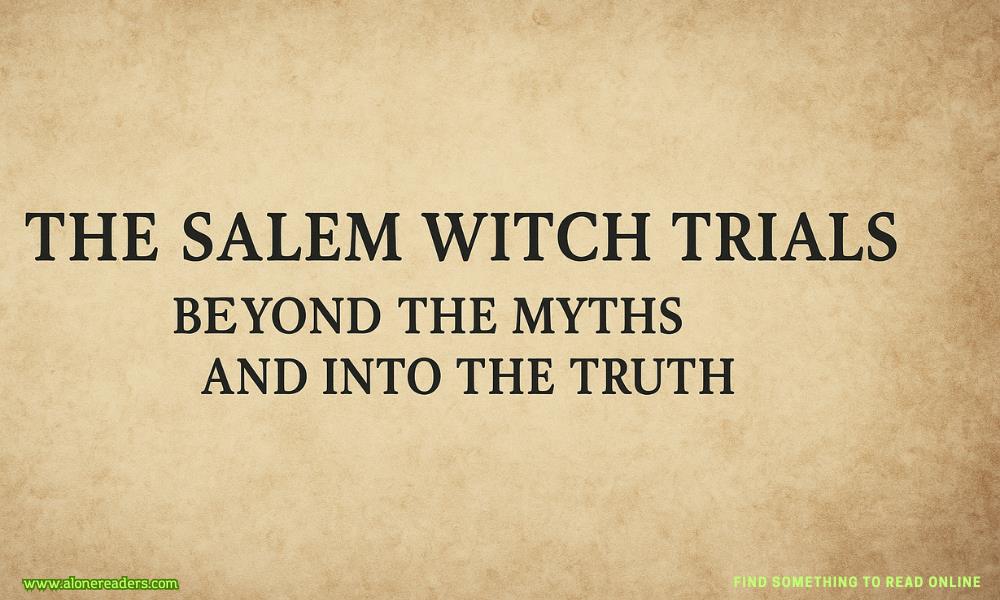Page 3 of The Women at Ocean's End
Still, when the sun shone here, it was glorious, like no other place in the world, though, for most of the year, the skies filled over with layers of incessant clouds that appeared to have no start or finish to them. The fields wore mists like cloaks wafting above the land as if suspended by some great puppeteerintent on hiding the best until he was quite ready to unveil the stupendous beauty of the place.
It would be weeks yet until the sun broke through the blanketing grey with convincing brightness that indeed, summer was on its way in. Constance knew many of the islanders preferred the winter. The place was left alone. It was an excuse to pull across the curtains early, drink hot toddies and pretend the mad world on the mainland no longer existed. Still, summer was the lifeblood of Pin Hill. Tourism was the only form of external income to be relied upon for many families. Constance loved each season as it came, but if she was pushed, she knew her preference was the summer. Her favourite day of the year was the one when she saw the first swallow shoot through the air outside the kitchen window and she noted it down each year in her weather journal, oh joy!
It was too early in the year to think of that today; the swallows would not even have thought of packing their bags for Ireland yet. For now, Constance would make do with robins and doves, huge grey crows and occasionally, on blustery days when the fishing boats could not leave the dock, a flock of seagulls landing on the rough grass outside her window in the hope of finding something to tide them over until the storms passed.
Constance shivered. She plugged in the little two-bar heater she kept beneath the kitchen table for those days when draughts found a way of catching you out in spite of the ancient Aga going at full steam. If she sat here long enough, it felt as if she was stepping into the hot sands of the Sahara and being warmed from the ankles up. If she could bend to take a proper look, she was certain there must be a blackened circle scorched beneath the table top, but what did it matter at this stage? It was only a table.
Really, she should be used to the cold. They’d left Galway when she was just a girl to live here at Ocean’s End. And itwasn’t as if the Atlantic was any more biting today than any other spring day. This was a different sort of chill. It felt as if a shadow had streaked across at her back, sending an icy frisson along her spine. She knew what it was; of course she knew what it was. Another of her dreams. It seemed that as age dulled her reflexes and slowed down her movements, it had a canny knack of switching up the velocity of her night terrors.
She’d woken at five o’clock, just as the rooks shook their feathers in the tall pines in the distance. Her nightdress soaked.Heather. That darling child she’d doted on so many years ago. And in that way that dreams can mash up all reality, the girl was reaching down into a well at the gate to Ocean’s End. She was reaching down, down, and then scurrying at her back a badger flashed out of sight.
Dreaming of badgers was never a good sign. Constance had cast the dream off when she woke earlier. She’d long believed that anything she dreamed of in black and white would eventually turn into a magpie and she’d just been thankful to waken before that final and familiar denouement.
Constance wiped the tears from her eyes. The last time she’d laid eyes on Heather was right here, in Ocean’s End. They’d had an awful row, Constance and Heather’s mother, Dotty, the sort there was no coming back from, it turned out. Heather had been tugged along in the slipstream of her mother’s rage, tripping out the door and back to England once and for all. When Constance thought about that time, it still twisted sharply in her heart. In spite of the passage of so many years, that fissure in a friendship that should have been forever would always be a huge regret. So long ago. Certainly, life had trundled on. Over the years, Constance’s mind had wandered down roads wondering if she should reach out to Dotty just one last time.Perhaps it still wasn’t too late? Silly old woman, she told herself crossly,of course it’s too late.As time trundled on, she’d imaginedHeather, growing into a young woman, forgetting all about Ocean’s End, or perhaps resenting it as much as her mother seemed to that day, or maybe, just maybe, at odd moments missing it and remembering Constance, still here, thinking of them both. At some point, Heather would have been packed off to university, her father would have seen to that, maybe she got married, had a family, made a good life for herself. Dotty was bloody lucky and she took it all for granted and maybe that was at the root of why Constance had lashed out so fiercely.
All of this was surely what her mother, Maggie, called the mixed blessing of hindsight. Constance, older than her mother had ever been, could see it quite clearly now. There had been no daughter for Constance. Her chance to have a family with Oisin was cut short before they had celebrated their cotton wedding anniversary. Her own fault, of course, hadn’t she been the one to bring him to the island. A man from County Laois, the most landlocked county in Ireland, and she’d dragged him to Pin Hill, to start their lives together. What had she been thinking? He knew nothing of island life. The sea he’d loved snatched him from her on a day that gave no suggestion of what it had in mind that bright and balmy morning he set off to catch some trout for their supper.
The fact was, Dotty Wren, or Dotty Banks as she was by then, had everything Constance could have dreamed of, a good man who adored her, a darling daughter and the hope of future grandchildren, family to pass things along to, to grow old with, one day.
Constance had never remarried. Island living meant there was a scarcity of men at the best of times; certainly, there was no-one who could take Oisin’s place in her heart. It was as simple as that. It was strange, but to Constance, time had shaped Heather into another of those ghosts who drifted in and out of her thoughts while always at a distance.
This morning, for the first time in a long while, she knew that Heather was no ghost – that dream had made her feel alive in a way Constance hadn’t felt in years. And she knew that for certain when she looked up and saw Oisin’s face looking back at her from the photograph on the wall. She turned slightly away from his broad and happy expression watching her, smiling out from beneath a floppy fringe, holding up a small salmon, frozen in time from a happy day so many summers ago. She’d taken the photograph herself. Happy days, indeed. ‘What would you make of me now?’ she asked his image. A little old woman, hair whiter than sea foam, still thick and wavy, but pinned these days as well as she could manage it with slightly arthritic shoulders. Oisin would probably always know her by her eyes. He always said she had eyes that held the forest, even though there was little more than a sheltered copse at the centre of the island. It was too long; over half a century, years since they’d looked into each other’s eyes. She turned away. It did no good thinking of things that you couldn’t change.
This house was full of memories. When she turned back to take a fresh cup from the dresser, she found herself staring at a photograph of Dotty.
Oh, Dotty. She murmured that so familiar name like a prayer and, once again, she wondered if it was too late to reach out to her childhood friend.
In spite of their divide, some things bonded you beyond friendship, perhaps to eternity. Even with distance and time washing out what went before, they would always be bound together. Perhaps, if the world turned long enough, one day none of it would matter. Wasn’t that a comforting thought to wrap up in on a sleepless night? But she wasn’t doolally yet. The past was always there. Sometimes, it took only the aroma of wild woodbine to cast her back tothatsummer, when they’d swum in waters far beyond their depth and innocence was smotheredutterly. That summer, in 1957, had been the start of everything, its fingers reaching through and clawing out the things that mattered most to Constance and perhaps to Dotty ever since.
All that time.
She and Dotty Wren had been like sisters. They were closer than sisters, at one point. They’d grown up together, essentially in the same house, but more than that, they’d saved each other. And for a while, Constance had truly believed that Dotty had been saved, but then, as the years went on, she could see it. Dotty had changed, the past was eating her alive and she was drinking just to stay ahead of it. Well, too often, without proper help, that was the way, wasn’t it? Was it better or worse to destroy yourself or stand by and watch fate exact the price and more from you for your sins? An eye for an eye. Because Constance had always believed that had been her own lot.
Constance had watched as her future happiness was snatched from before her eyes, while Dotty set out to destroy the best of life before it could take root.
By their thirties, Constance’s best friend had settled into what she considered to be an unsatisfactory life in Fulham. Dotty had married a man called Bobby, who was going to be an actor, until he ended up working in a factory. Their divorce was messy, their marriage over before it even got a proper chance. Dotty had wrestled with the fact that life had launched slowly, without fanfare, into a dull version of the dreams that had pushed her from the island when she was still a girl. Constance always knew she drank, maybe a bit too much; she struggled with her health – her mental health. There had been a breakdown, years earlier, when Heather was just a kiddie. Dotty insisted it was baby blues, but there was more to it than that. They both knew it. Some ghosts never rest. Then there were a few years when it seemed that things had settled down, or Constance hoped so, at least.Her own life filled up, she married and, for a while, the horizon dazzled. Until it didn’t.
She smiled, remembering her friend.
It was Dotty who had come to her rescue all those years ago, and found her when everyone else but her mother had given up hope of ever seeing her alive again. Search parties had trawled every street and laneway of Galway. It seemed they’d looked everywhere else, but it was Dotty who, from her bedroom window, noticed something was amiss and thought to check the well.
Later, her mother told Constance, it took ages to get her out. Mr Gillespie and some of the other men from along the road had made up a pulley contraption and winched Maggie (by far the slightest of the adults) down to rescue her daughter.
Constance was hardly conscious by the time they got to her. Luckily, she was in need of little more than sustenance, rest and reassurance to be back to herself.
It seemed for ages afterwards all her mother could talk about was covering over that well. Someone needed to do it.My daughter could have died down there. If Maggie Macken said that once, she must have said it a hundred times.
Usually, the morning was Constance’s favourite time of day. She’d realised it late in life, but once she did, she made the most of it by pushing through the back door sometimes even before her breakfast and scattering feed out for the birds who visited the garden earlier each morning.
She closed her eyes for a moment. The sea was calm today. She could hear it, just the background noise of the waves, washing in and out at the shore far below. No matter what it robbed from her, she had to admit it would never be any less splendid. In the distance she thought she saw a shadow lurk beneath the water. A shark or a whale? The sea was already a very dark grey thanks topewter clouds blocking out whatever sunlight spring might have had to offer.
She squinted slightly, leaning against the scraggy wall. All of this fencing had been brilliant white once. A series of breakers crashed over the shadow, but after each had passed, she knew it was still there. There had been a flutter on the island for the last week or two, some pilot whales spotted off the southern coast. Constance hadn’t expected to see one. Usually, the only time anyone on shore saw them was when they ended up beached in one of the tiny coves and, by then, it was too late to refloat them again. She stood for a while, watching the shadow hover, as if it was idling away the time and waiting for something better to come along – perhaps the 39B bus? That notion made her smile as she watched the shape in the water. It became clearer the longer she waited and when eventually it decided to flip its tail and raise its body to surface level for just a second, it was almost a relief.
Definitely a pilot whale, she was convinced of it, and even when it had swum away and was probably miles out to sea, she stood there, reflecting on the vastness of it all and yet, how insignificant her life felt within it. Eventually, she turned back to the house. She would make tea. Spend a little time writing in her weather journal and maybe later, if she was lucky, she might catch a glimpse of the huge whale again before the clouds creasing the sky against the top of Pin Hill swung back and unleashed a battering of rain against Ocean’s End.
Constance pushed open the back door to let herself into the kitchen. Her home – Ocean’s End. Her mother had bought it from a Hollywood film director that everyone talked about having lived here once. Actually, he’d only spent a week on the island after he’d had the place constructed. It was at the height of his success on the back of a movie remembered more for its stars than its plot.
Sometimes, Constance actually saw the place for what it was: a tragic relic of grander times. A vessel of little more than memory and nostalgia. At night, keeping time with the creaking boards and rattling pipes, she thought she heard the sound of voices, long lost, travelling across the years with snippets of conversations they’d never had a chance to finish. So many voices: her mother’s, Oisin’s, Dotty’s and, yes, maybe even her own.
- The Prince's Secret Twins by Elizabeth Lennox
- Tangled Desires by Tory Baker
- At the Edge of Surrender by A.L. Jackson
- A Touch of Fate by Cora Reilly
- Untouchable Love by Lucy Darling
- After Hours by Caitlin Crews
- Shelter from the Storm by Mari Carr
- Someone Knows by Vi Keeland
- Hawk by Fiona Davenport
- The Silencer by Brooke Summers
- The Beat of her Heart by Emily Hayes
- The Neighbor's Son by K. Webster
- Vasily the Hammer by C.B. Alice
- Convenient Vows by D.C. Beks
- Wrapped in Silver by Sara Vice
- Ruined By Capture by Sherry Blake







